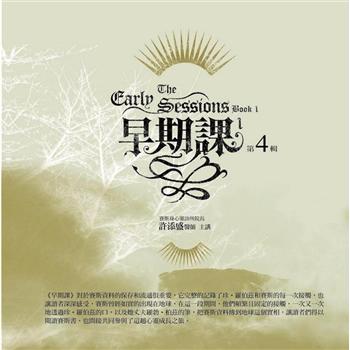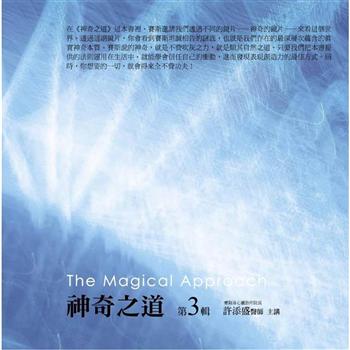This practical guide offers management, psychology, and related professionals comprehensive background in-and robust methods for evaluating-frequently litigated wage and hour issues. Wage and hour compliance is impacted by numerous sources including federal laws such as the Fair Labor Standards Act, state and local laws, guidance from government enforcement agencies and court decisions. This book provides a clear and understandable overview of the legal context along with methods for data collection and analysis to measure and evaluate compliance pertaining to commonly litigated disputes, such as independent contract classification, FLSA exemptions, pay equity, and off-the-clock work. This framework for understanding and responding to such cases is suitable to both those new to the field and expert consultants while also acting as a springboard for further research in this increasingly relevant legal area.
Included in the coverage:
- Trends in wage and hour litigation.
- Applicable data collection methods for evaluating wage and hour compliance.
- Assessing employment status.
- Strategies to measure and prevent off the clock work.
- Factors that impact meal and rest break compliance.
- Stages of a class-action lawsuit.
- Statistical sampling and analyses.
- Understanding and analyzing pay equity.
Wage and Hour Law: Guide to Methods and Analysis fills knowledge needs for an audience that includes management and industrial/organizational psychology graduate students interested in legal issues as well as testifying experts, external consultants, HR practitioners, management professionals, and labor economists.









